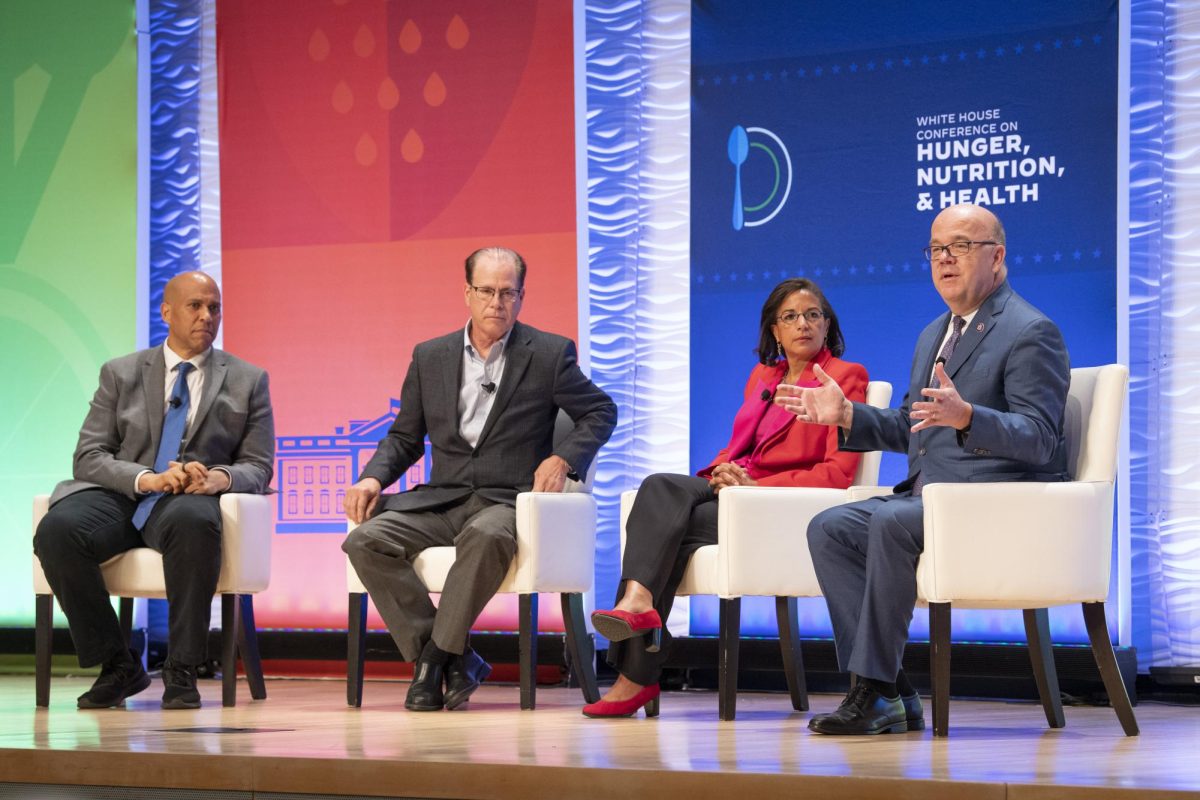By JennyMae Kho
Evolutionary theory has long handed women the role of the child bearer and nurturer. Men, on the other hand, to increase survival chances for their own genetic line, are allotted some freedom from the strict Homosapien world of biparental monogamy.
In relationships, this difference has markedly influenced how couples view one another, particularly in the realm of infidelities. It has long been believed that differences in jealousy stem from these evolutionary constraints with women considering emotional infidelity to be worse than sexual. In men, the opposite is true, where sexual infidelity bears a far greater weight than emotional.
These ideas go hand in hand with evolutionary theorists, and examinations into this realm have supported such a belief. But new research conducted by Northeastern University professor of psychology, David DeSteno seems to contradict this.
Previous studies utilized a “forced choice” response format wherein the subject was asked to choose between a situation of infidelity involving “sexual contact” or “emotional bonding.” In circumstances such as these, the pattern of responses from participants was more apt to agree with the evolutionary theory, with women identifying emotional disloyalty as more distressing, and men, sexual.
Unlike previous methods which served to separate these two concepts, DeSteno utilized a rating method where, utilizing a variety of scales, participants could select the degree to which both sexual and emotional infidelity caused emotional distress. There was no gender difference in the results. Both, men and women responded similarly, considering sexual infidelity to be the most stressful.
To confirm his findings, a second study was conducted utilizing the original forced choice response








